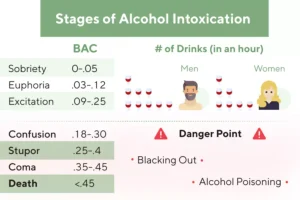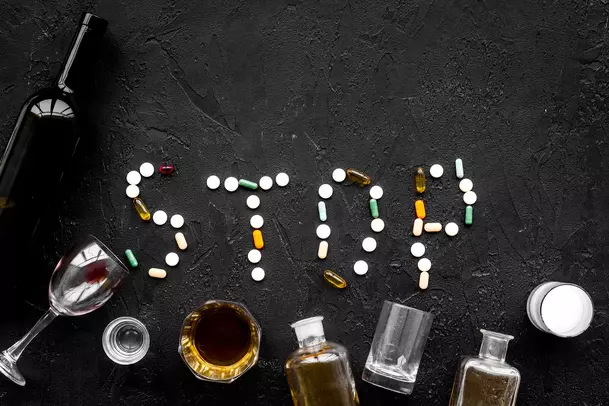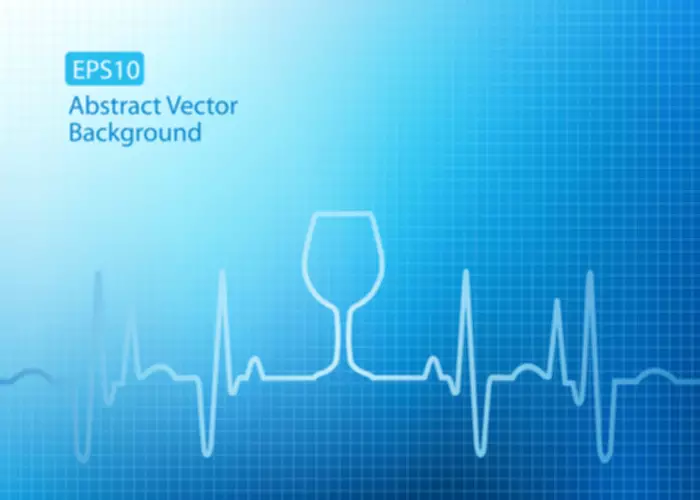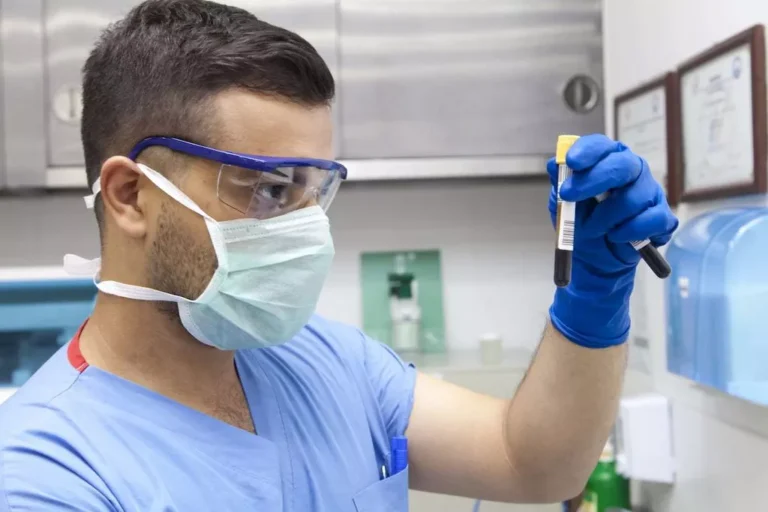Dehydration: Symptoms & Causes

When you’re severely dehydrated, it can take several days for a full recovery. It can happen when you don’t drink enough or lose a lot of fluids due to exercise, heat, diarrhea, or other reasons. Thirst is often the first noticeable signal that you’re dehydrated. Energy drinks are often high in caffeine and sugar, which stimulate increased urine production, cause fluid loss, and interfere with normal kidney function. However, it’s best to avoid pre-mixed electrolyte sports drinks with added sugar and instead use a sugar-free electrolyte powder to replenish electrolytes and avoid dehydration. The best drink to avoid dehydration is electrolyte-enriched water.
- It provides a solution that’s often a mix of water and electrolytes.
- Another study, published in 2018 in The Journal of Strength & Conditioning Research, examined the effects of dehydration on mixed martial arts athletes.
- It’s a glucagon-like peptide 1 (GLP-1) receptor agonist that works several different ways to manage Type 2 diabetes.
- If you think you may have a medical emergency, immediately call your physician or dial 911.
- They can also help your doctor decide what kind of treatment to recommend.
Old hospitals added to Covid infection spread risk
Most of these side effects are caused by delayed gastric emptying that results in feelings of fullness that deter appetite and cause weight loss. So does this mean drinking more water can help us lose weight? However, our research team found that giving mice more water slowed weight gain and the development of prediabetes, even when the mice had diets rich in sugar and fat. The role of dehydration as a contributor to obesity should not be underestimated. Both dehydration and salt consumption lead to the production of fructose and fat.

Is it safe to drink more water if I’m on fluid restriction?
(That’s 91 to 125 ounces of fluids per day.) Water can come from plain water, other liquids or water-rich foods like fruits, vegetables and soups. Regularly consuming high-salt foods can harm your hydration status and increase your risk of common health conditions, such as high blood pressure and kidney disease. Not all fluids are hydrating, and drinking sugary drinks, sodas, alcohol, and caffeinated beverages can impact the body’s fluid balance and cause dehydration. Treatment may differ depending on the cause, your age, your overall health, and the severity of symptoms. If you have mild, acute dehydration, it’s important to replenish fluids with water, fruit juices, or tea. Avoid drinks that contain alcohol or caffeine, which can make you lose more water.
- You often hear the old “eight glasses of water a day” adage as a way to stay hydrated.
- It could lead to neural tube defects in your developing baby and result in them being born with disabilities.
- And if you’re really dehydrated, you might feel dizzy, tired, or stop sweating completely.
- Your long-term care will be geared toward preventing future dehydration.
What are the signs of dehydration?
Yes, dehydration can lead to disorientation and dehydration headaches. One of the symptoms of these headaches is nausea and vomiting. Children and older adults should receive immediate treatment, even if they’re experiencing symptoms of mild dehydration. As a drop of sweat evaporates from your skin, it takes a small amount of heat with it. The more sweat you produce, the more evaporation there is, and the more you’re cooled off. Sweating also hydrates your skin and maintains the balance of electrolytes in your body.

Although mild to moderate dehydration can usually be treated at home, moderate to severe dehydration may require medical treatment, such as receiving fluids through an IV. Talk to your doctor if you aren’t sure of the severity of your symptoms. However, replenishing lost electrolytes is equally important. Without adequate electrolyte levels, water can’t enter cells and tissues, leaving you at risk of dehydration despite drinking water. Electrolytes like sodium, chloride, magnesium, and potassium are necessary to deliver fluids to your cells, she says.
- You may find it easier to use a spoon or a syringe to give your child small amounts of fluid.
- Although mild to moderate dehydration can usually be treated at home, moderate to severe dehydration may require medical treatment, such as receiving fluids through an IV.
- While it may seem counterintuitive, drinking water is not the best way to stay hydrated.
- Before beginning any tests, your doctor will go over any symptoms you have to rule out other conditions.
A small study in 10 people found that consuming 537 mg of caffeine, or about 6 cups of coffee, significantly increased urine production. Meanwhile, consuming 269 mg of caffeine, or about 3 cups of coffee, didn’t affect fluid balance (3, 4). Taking electrolytes does drinking cause dehydration before drinking alcoholic drinks can prevent alcohol-related electrolyte depletion and dehydration. Replenish fluids and minimize alcohol dehydration symptoms by drinking at least one glass of water for each alcoholic drink you consume.

Symptoms: How to Tell If You Have Chronic Dehydration




